A Guide to Building Investor and Donor Relationships
In the dynamic landscape of nonprofit organizations, building strong and lasting relationships with investors and donors is paramount to sustaining impact and growth. Establishing trust and developing a robust fundraising infrastructure are crucial elements in allowing those connections and the organization to endure.
We’ve developed a guide that delves into three fundamental strategies to cultivate enduring relationships, offering insights on trust-building and creating a solid foundation for successful fundraising.
Three Ways to Develop Long-Lasting Relationships
Personalized Engagement
Understanding your investors' and donors' unique motivations and interests is crucial for building a connection beyond transactional involvement. Personalize your interactions by tailoring communication to their preferences, acknowledging their contributions, and keeping them informed about the impact of their support. Whether through personalized emails, exclusive updates, or direct conversations, investing time in understanding and addressing their individual needs strengthens the bond between your organization and its supporters.
Transparent Communication
Open and transparent communication is an essential part of any enduring partnership. Provide regular updates on your organization's activities, achievements, and challenges. Clearly articulate your goals, strategies, and the tangible impact of financial support. By being transparent about how funds are utilized, you build trust and demonstrate accountability. Transparency fosters a sense of partnership, making investors and donors feel like integral members of your organization's journey.
Recognition and Appreciation
Recognizing and appreciating the contributions of your investors and donors is essential for cultivating loyalty. Publicly acknowledge their support through various channels, such as newsletters, social media, or recognition events. Nonprofits may want to provide initiatives like a donor recognition or awards program that applauds their commitment at various levels of giving. A heartfelt thank-you goes a long way in making donors feel valued and invested in the success of your organization.
Developing Trust with Donors and Partners
Building trust is paramount for any relationship to succeed, and in the nonprofit sector, it's especially crucial to garner long-term support.
Consistent Communication
Consistency in communication builds reliability and trust. Regularly update investors and donors on your organization's progress, challenges, and successes. Be proactive in sharing information, and when faced with setbacks, communicate openly about your improvement plans. Consistent communication creates a transparent and trustworthy environment, fostering a sense of confidence in your organization.
Accountability and Impact Reporting
Accountability is paramount in the nonprofit sector. Clearly articulate your organization's goals, and be accountable for achieving them. Implement robust systems for tracking and reporting the impact of donations. Demonstrating the tangible outcomes of their support reassures investors and donors that their contributions are making a real difference. Utilize impact reports, case studies, and success stories to showcase the positive change resulting from their generosity.
Active Listening
Building trust requires active listening. Pay attention to your investors' and donors' concerns, preferences, and feedback. Actively seek their input on your programs and initiatives. By incorporating their perspectives, you demonstrate respect and a genuine commitment to aligning your organization with their values. Actively listening fosters a collaborative atmosphere, strengthening the foundation of trust.
How to Build a Fundraising Infrastructure
Establishing a robust fundraising infrastructure is crucial for the sustained success of any nonprofit organization.
Clear Fundraising Goals
Define clear and achievable fundraising goals aligned with your organization's mission. Whether funding a specific project, expanding programs, or sustaining day-to-day operations, clarity in goals provides a roadmap for your team and potential investors and donors.
Diversified Fundraising Strategies
Relying on a single fundraising channel can be limiting. Diversify your fundraising strategies to reach a broader audience. Explore online campaigns, events, grant applications, and major donor cultivation. Diversification increases your chances of securing support and ensures stability in the face of changing fundraising landscapes.
Invest in Relationship Management Tools
Leverage technology to streamline and enhance your relationship management processes. Invest in donor management software that efficiently tracks contributions, preferences, and communication history. These tools can help personalize interactions, provide insights into donor behavior, and optimize fundraising strategies.
Building lasting relationships with investors and donors requires a thoughtful combination of personalized engagement, transparent communication, and sincere appreciation. Nonprofit organizations may forge enduring connections by focusing on trust-building strategies and establishing a robust fundraising infrastructure. As the philanthropic landscape evolves, cultivating these relationships becomes a strategic imperative and a testament to the shared commitment toward creating positive and lasting change.

